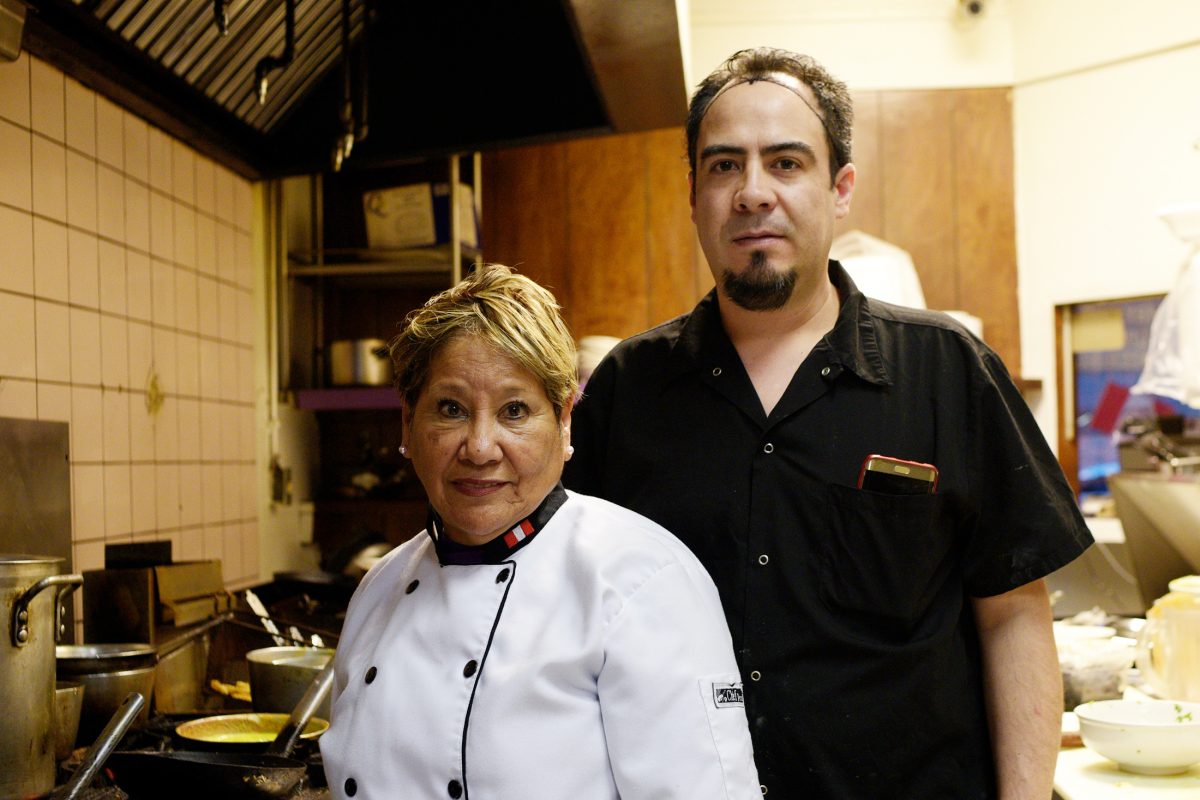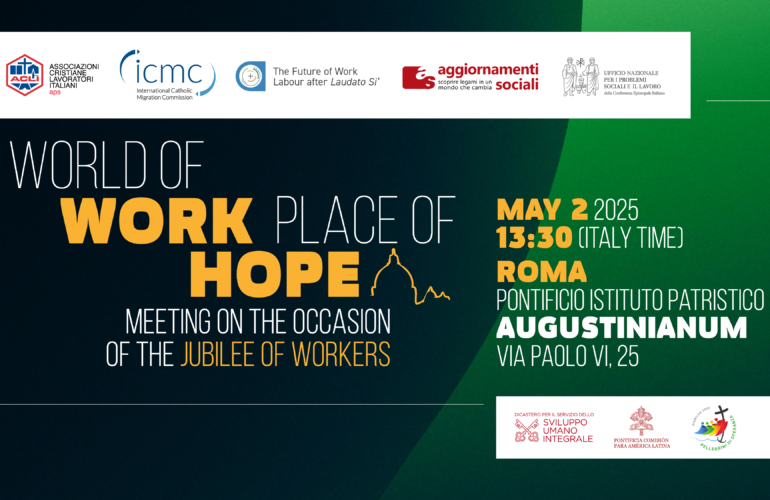Migration: Partnerships as the Key to Alleviating the Ravages of COVID-19
Even as the COVID-19 pandemic has halted most international travel, the Global Forum on Migration and Development is more important than ever. The joint force of national governments, civil society organizations, businesses, local governments and international agencies is vital to tackling migration-related issues aggravated by the current crisis.

“The Global Forum on Migration and Development (GFMD) can only make a real contribution to global migration governance if we all do our homework and come up with innovative solutions, non-pre-cooked good practices, and concrete proposals to move forward,” Stéphane Jaquemet, Director of Policy at the International Catholic Migration Commission (ICMC), told participants in the 22 July Friends of the Forum meeting, held online. As head of the GFMD Civil Society Coordinating Office, he delivered a statement that reflected the engagement of over 250 civil society networks from all regions of the world.
The GFMD is an informal multi-stakeholder space led by governments to exchange and build consensus on migration-related issues. It involves the participation of civil society organizations, the private sector, local authorities and UN agencies. The Forum’s Civil Society mechanism is coordinated by ICMC.
The COVID-19 pandemic has disproportionately affected migrants. Millions of them have lost their jobs and lack access to salaries or benefits. Millions more can’t access basic healthcare, including COVID-19 tests and treatment. Violence against migrant women has increased. Youth, already at risk of joblessness, are even more likely to be unemployed. None of these problems are new. Rather, the virus has exacerbated pre-existing conditions, some of which have been neglected for decades.
In view of this bleak picture, Jaquemet told participants at the Friends of the Forum meeting that it is now more important than ever to build solutions to these problems together.
“Partnership is the keystone of this year’s GFMD, rendered even more important by the ravages of the COVID-19 crisis. Today, our collective responsibility is an absolute necessity. A failure would be totally unacceptable, and morally and institutionally wrong,” Jaquemet stated. He urged all parties to consider the outcomes of the Forum as their joint responsibility and to focus on creating rights-based migration policies.
COVID-19: A Reason to Become More Involved in the Forum
The new coronavirus has not delayed the GFMD’s work during the year. A total of 19 regional consultations have been held since the beginning of 2020 for the regions of Africa, Asia, Europe and the Americas. The Civil Society Coordinating Office has also held various meetings for NGOs. All meetings were held online due to travel restrictions, which was logistically challenging, but has in some cases allowed for an increased number of civil society participants, including smaller NGOs which lack the funds to travel to international meetings.
The discussions have focused on six topics defined by this year’s GFMD chair, the United Arab Emirates: the governance of labor migration; improving migrants’ skills for employment; fostering partnerships to realize migration-related Sustainable Development Goals; leveraging technology to empower migrants; addressing the gaps in migrant protection; and addressing irregular migration.
Unsurprisingly, COVID-19 was at the forefront of discussions in all the meetings, highlighting the topics of migrant’s health and the social and economic impacts of the crisis. NGO input, including that of migrant-led organizations, local governments and employers, all of whom have been dealing with the concrete impact of the virus on migrants, played an important role in shaping the discussions.
“The pandemic has put disproportionate emphasis, mainly for good but also for very bad reasons, on border control and closure, lockdowns and collective security,” Jaquemet noted. “This approach predates the COVID-19 crisis, but it was amplified and somehow distorted by the pandemic. This security focus combined with the millions of jobs destroyed and the lives lost are a terrible legacy. The only way out is trust, working together and partnership.”
Created in 2006 by then-Secretary-General of the United Nations Kofi Annan, the GFMD since December 2018 has taken on a new role to support the implementation of the Global Compact for Migration. Each year, it culminates in a Summit hosted by the Chair-in-Office in her/his home country, where policymakers and members of the different mechanisms can exchange ideas and build partnerships. The next GFMD Summit is expected to take place in the United Arab Emirates in January 2021.



